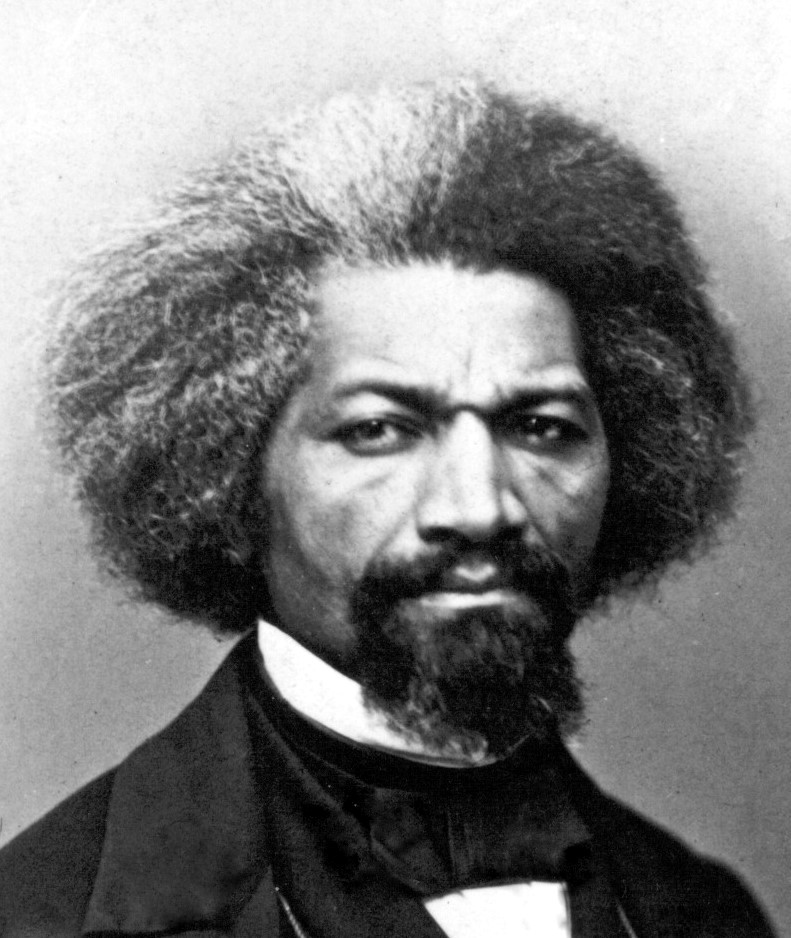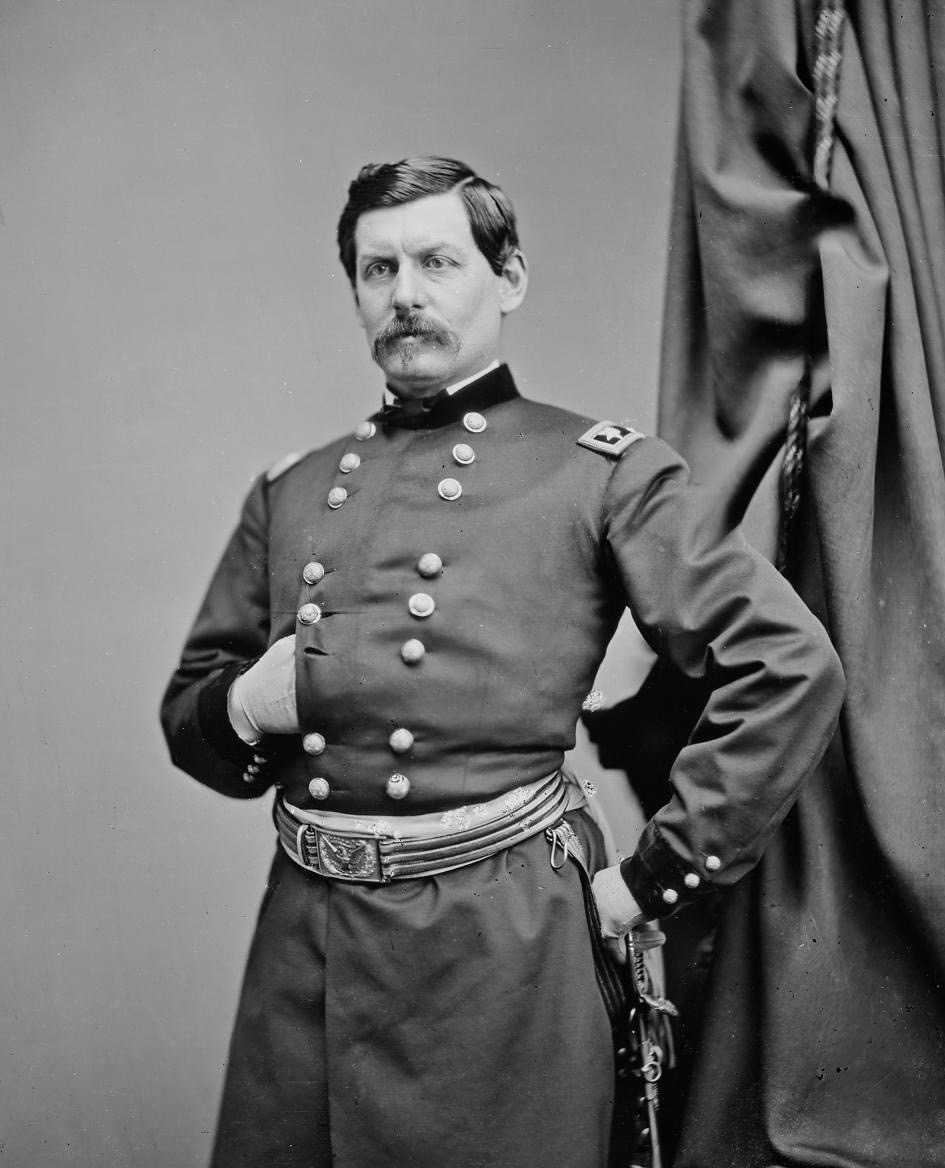Abraham Lincoln-
Abraham Lincoln was the 16th president of the United States and his goal was to nullify slavery. His actions and the support he gained was the main reason for the Civil War. The South was scared that he would use force to get rid of slavery. On April 14th, 1865, Abraham Lincoln was assassinated while attending a play.
Jefferson Davis-
Jefferson Davis was the one and only President of the Confederate States. Alabama elected Davis as provisional President of the Confederacy but he did not want the job for he wanted military command. Jefferson Davis was captured by Union Soldiers on May 10, 1865 and he was held at Fort Monroe, Virginia for two years.
Stephen Douglas-
Stephen Douglas is best remembered for his debates with Abraham Lincoln. He may have won the Senate seat at that time but Lincoln was the one who gained the most from the debates. He sponsored the Kansas-Nebraska Act which ultimately led to the repeal of the Missouri Compromise. This caused political tensions to rise.
Frederick Douglass-
Frederick Douglass was one of the leading abolitionists of slavery. Originally a slave, Douglas vowed to free his people from the terrible acts of slavery. Douglass shared his story through the novel, "Life of Frederick Douglass:An American Slave". This spread the inhumanity of slavery to others. He worked alongside William Lloyd Garrison.
http://youtu.be/SmmSGAsVbsw this is my podcast of a short biography of Frederick Douglass.
John Brown-
John Brown thought himself to be an instrument of God. This led to the Raid of Harpers Ferry. He wanted to start an armed uprising from the slaves. Look back on the pages of events and you will find out what happened at Harpers Ferry. John Brown was hung for treason on December 2, 1859.
George McClellan-
George McClellan is greatly recognized to be the organizer of the Union Army. He graduated second in his class of 59 students in 1842. The success if the Rich Mountain Campaign along with his success at Bull Run led to his promotion to General-in-Chief of all federal armies after the retirement of General Winfield Scott. However, McClellan's trademark cautions cost the Union many advantages they could've had. Learn more at, http://www.civilwar.org/education/history/biographies/george-mcclellan.html
Robert E. Lee-
General Robert E. Lee fought for the Confederacy as one of their most successful generals. Lee found much success in most of his battles but the few that he lost were crucial such as the Battle of Appomattox Court House. Visit, http://www.civilwar.org/education/history/biographies/robert-e-lee.html for more specific information.
Thomas Stonewall Jackson-
Thomas Stonewall Jackson was a general in the Confederate Army but later resigned in 1851 so that he could teach. He taught at the Virginia Military Institute. His teachings were controversial at that time however, his philosophies are still put to use to this day.
P.G.T. Beauregard-
This man ordered the first shot of the Civil War at Fort Sumter. He was the joint Commander at the Battle of Bull Run for the Confederacy. He was given better opportunities later in his life, however he suffered illnesses as he grew older.
William Tecumseh Sherman-
Sherman first saw war at the Battle of Manasses. His success at this battle impressed Abraham Lincoln who then decided to promote Sherman to the rank of Brigadier General. After Grant was promoted to commander of the United States forces, Sherman was given command over the entire army at the Western Theatre. Sherman's greatest success was his campaign at Georgia. This success allowed Lincoln to win his reelection. This man was praised on his ideas of total war. For more information, visit http://www.civilwar.org/education/history/biographies/william-t-sherman.html
Ulysses S. Grant-
Grant was the future general-in-chief of the Union Army. This man may not have finished top of his class but he was a great commander. This man found great triumph and success at many of the battles he fought but his greatest defeat was at the Battle of Shiloh. This loss almost cost him his command. This man forced Lee's forces to surrender at Appomattox Court House. Visit http://www.civilwar.org/education/history/biographies/ulysses-s-grant.html for more in-depth information.
Thaddeus Stevens-
This man was known as the Extreme Radical Republican. This man used the strategy of the insanity plea in murder charges.
Rutherford B. Hayes-
Hayes became the 19th President of the United States on October 4, 1822. After serving in the army during the Civil War, Hayes made his way to become President. He saw to the last of Reconstruction and desired to fix the problems that had become of executive power after Lincoln. He died on January 17, 1893.
Benjamin Wade-
Wade was a prominent leader of the Radical Republicans. Wade was a Senator during the time of Reconstruction. He was very critical of Lincoln and Johnson after Lincoln's passing. Because Wade was the President of the Senate, he was next in line for presidency. Because Johnson was not impeached, Wade did not become the 18th President. Wade died on March 2, 1878.
John Wilkes Booth-
Booth was a famous actor who assassinated Abraham Lincoln. He greatly opposed abolition and conspired with many others to kill Lincoln, Johnson, and Seward. Booth was the only one who succeeded and shot Lincoln in the head at a theatre on April 14, 1865. After killing him, Booth fled but was tracked down and killed on April 26, 1865.
Ku Klux Klan-
The KKK was founded in 1865 in Pulsaki Tennessee by 6 veteran Confederate Soldiers. They believed in White Supremacy and took to many violent measures in order to make their point. They spread throughout the South during the Reconstruction. Force acts were made to prosecute KKK crimes against many blacks and white Republicans. They reformed again twice in the 20th century.











No comments:
Post a Comment